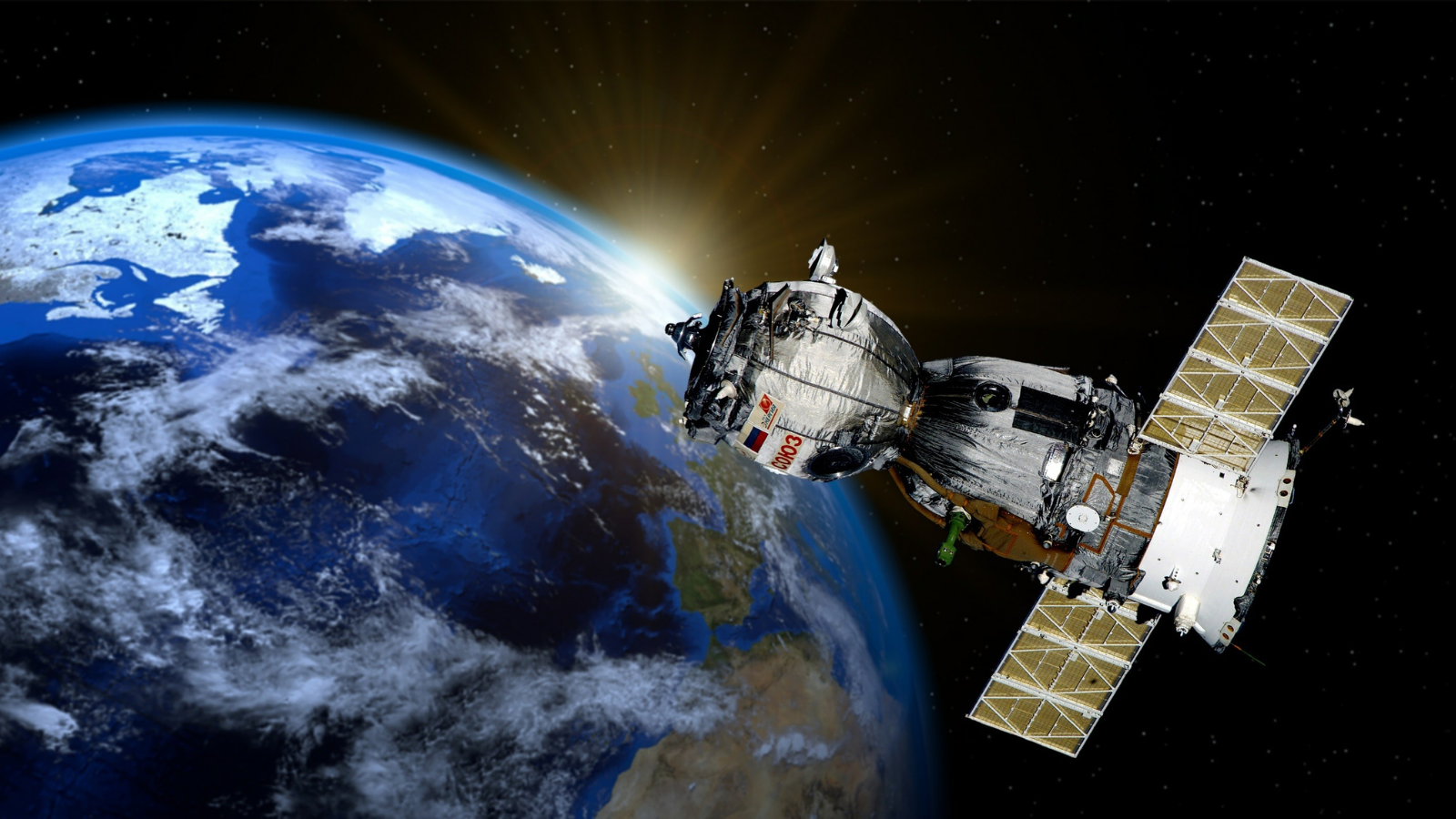SpaceX Successfully Tests Starlink's Direct-to-Device Text Service via T-Mobile Network
SpaceX achieved a significant milestone by successfully transmitting text messages via its Starlink satellites using T-Mobile's network. This accomplishment represents a step forward in SpaceX's goal of offering direct-to-device cell service soon. The recent test involved the launch of six Starlink satellites equipped with direct-to-device (D2D) capabilities, following approval from the Federal Communications Commission. During the test, SpaceX demonstrated the ability to send and receive text messages from unmodified cell phones on the ground to satellites in space, validating the system's functionality.
SpaceX has received substantial interest in adding D2D capabilities to its Starlink network and has partnered with mobile operators like T-Mobile, Rogers, Optus, and KDDI. The company plans to introduce a D2D text service this year, with further expansion into voice, data, and Internet of things services by 2025. SpaceX has rapidly expanded its Starlink internet service, with over 5,000 satellites in orbit and more than 2.3 million customers worldwide.
WHY IS THIS IMPORTANT FOR MY INDUSTRY?
Imagine being able to text directly from anywhere, even in remote areas with poor network coverage. For businesses like logistics and transportation, this could be a game-changer! In emergencies, direct-to-device satellite communication can be a lifeline for truck drivers and logistics professionals alike, ensuring they stay connected during breakdowns, accidents, or disasters. It's a tech that keeps critical communication intact on the road.
🔥 OUR HOT TAKE?
This is undeniably a big step in satellite tech. But it's also stirring up some important questions. With satellite networks growing fast, we're worried about space clutter and forgetting about good ol' Earth-based infrastructure. Plus, global satellite coverage has us wondering about privacy and surveillance. Who's in charge of all that data flying around up there, and how do we keep it safe?
While SpaceX's win is amazing, it's a reminder to take a look at the bigger picture – the impacts, responsibilities, and possible hiccups of going all-in on satellite tech.













A Japanese solid-fuel rocket, Kairos, faced a major setback during its inaugural launch as it exploded just seconds after liftoff.